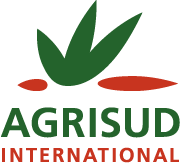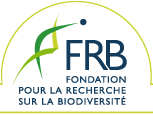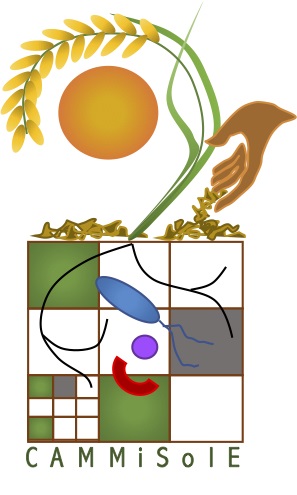CAMMiSolE Project.
The agricultural sector has an enormous potential for African growth. But it is based mainly on rainfed crops, 80% of which are produced by small farmers using only organic inputs as fertilizer. She is also very vulnerable to climatic factors. Soil microorganisms are the main players in the mineralization of organic matter and nutrient recycling. They represent a huge reservoir of diversity (1 million bacterial and fungal species) and each species is responsible for at least one stage of transformation of this organic matter. Maintaining microbial biodiversity is therefore essential for soil to provide ecosystem services of primary production, nutrient recycling and carbon sequestration.
Project's objectives
• Understand how microbial biodiversity can be impacted by land use and climate in two contrasting sub-Saharan African regions in terms of soils and climates (Madagascar and West Africa).
• Understand how changes in this biodiversity may impact the mineralization function involved in achieving the three ecosystem services mentioned above.

• Realize between stakeholders and modelers a tool to establish, in a user-friendly way, scenarios that would be an aid to the management of productive natural resources.

Agrisud International

Foundation for Research on Biodiversity

Laboratoire des Radio Isotopes



